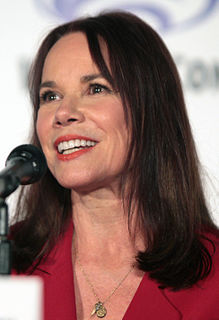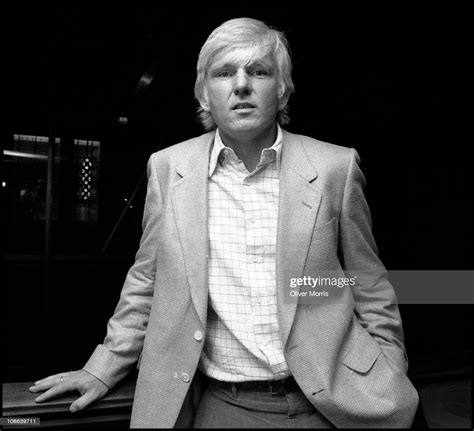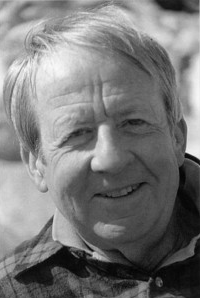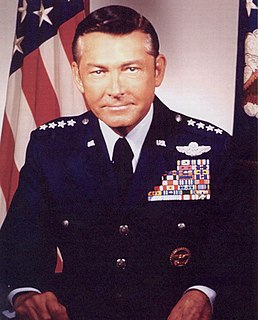A Quote by Zephyr Teachout
I think about people and events in terms of archetypes a lot.
Related Quotes
I knew very little about Rugby. But, I think it helps in terms of an American audience the game is enough like football in that it's a battle for field position and you score by running into what looks a lot like an end zone. I think in terms the nuance of the game, Americans won't get that stuff. I think in terms of the peanut butter and jelly version of what you need to know, I think it's pretty clear.
. . . I do think that deep down, a lot of my work is about people trying to make reasonable accommodations of situations that are insane or absurd. . . . At first I thought the events had power in themselves, that I would just present them. I really wasn't aware of the things that finally became central issues to me - the shifting alliances, the way people hardly even know they've shifted. That part of [A QUESTION OF MERCY] is very familiar to me in terms of my other plays.
When you think of everything in terms of just money, then almost nothing is enough. I mean, how much money is enough? Because it's hard to translate money into goods. And I think people, once, I think there's a lot things can believe, and once they start thinking about wealth in terms of money, they lose the idea of enough-ness.
I don't think my work is so much about opening up wounds. I think it's about understanding the nature of the wound. I'm not bleeding on the canvas. I, like most people, have suffered traumatic events. The character of a person's life is determined by the way they deal with those events. I am a creative person and I deal with it creatively.
If you know your archetypes - and not just yours, if you know how to perceive the world in archetypes, through archetypes - everything changes. Everything. Because you have two things: you can see through one eye which is impersonal, and through the other, which is personal. That's the way the game is written down here.
I consider myself a logical person and, you know, a lot of people try to categorize me in one way or another. You know, there are some of the things that I say that probably would be considered very much non-conservative. But I don't think really conservative or liberal; I think: What makes sense? What's going to help the American people? What's going to give them what they need? Not only in health care but in terms of jobs, in terms of education, in terms of a whole host of issues.
Many people believe that decentralization means loss of control. That's simply not true. You can improve control if you look at control as the control of events and not people. Then, the more people you have controlling events - the more people you have that care about controlling the events, the more people you have proactively working to create favorable events - the more control you have within the organization, by definition.




































